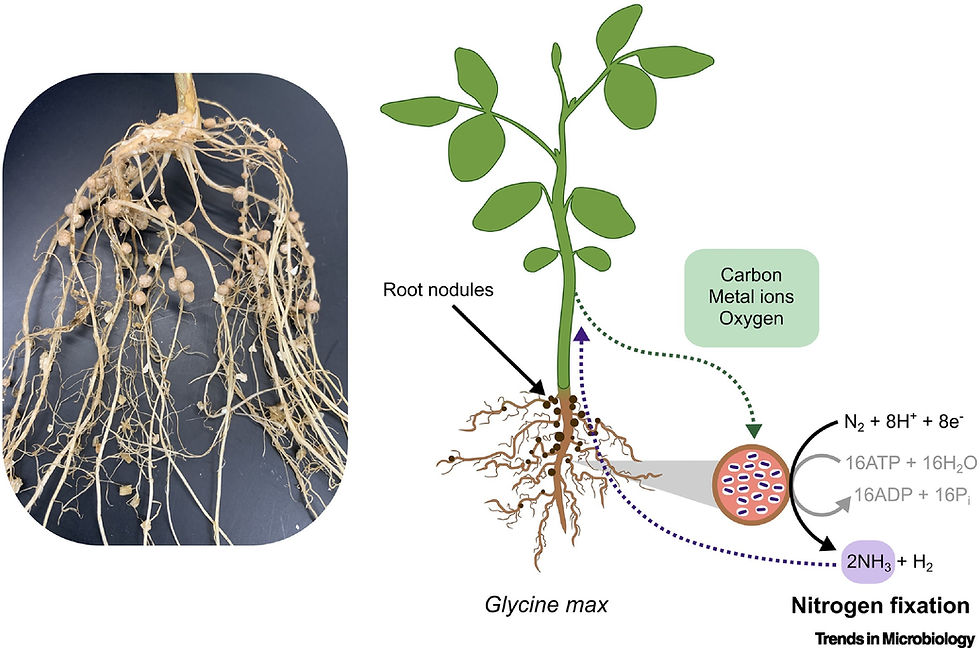Organic agriculture could double the yields of the world’s poorest farmers
- Miguel M.LS.

- Oct 6, 2021
- 2 min read
Updated: Dec 17, 2021
When promoting policies that support and stimulate organic agriculture, one common criticism is heard: that organic agriculture lacks the potential for scalability; that, in spite of its environmental and social benefits, it is unable to ensure enough food production for everyone in the world to be fed. While there’s a mainstream assumption that organic systems of food production result in lower yields, there is a couple of corresponding questions that, being hardly mainstream, are hardly ever are answered:
Are the world’s soils already producing food at maximum capacity?
Does our current food production reach the levels required to feed everyone?
The answer to the first question is negative, and the second is positive. The world is already producing enough food to feed everyone, and the world’s soils are not producing as much food as they could. This last answer to that first question is, in fact, one of the strongest arguments in favor of worldwide adoption of organic agriculture – especially in the world’s poorest regions.

Organic tomatoes grow using traditional zaï techniques in the village of Vathaba, Guinea, where a serious problem of chronic malnutrition affects up to 40% of the country's population.
Not only is the claim that organic agriculture gives lower yields an oversimplification (on which crops? In which regions? During which periods of the year? Using Integrated Pest Management techniques or not?), but it is an outright wrong claim in zones of the world. Nearly fifteen years ago already (in 2007), a study by the University of Michigan found that, by reducing the average input costs, stimulating soil preservation and formation, and using nitrogen-fixing Bacteria cover crops in crop rotation, organic agriculture could rise the agricultural yields in developing countries by 80%. In a world where enough food is already being produced but not enough food is being distributed, increasing food production in the areas where it is most needed could provide a basis for eradicating hunger, one of the Development Goals of the Millennium. It could also bring a lot of economic benefits to producers in those same developing countries, by reducing their expenses and increasing the economic benefits that they extract from their land.
The FAO speaks along the same lines, though giving a lower estimate (that it’s still significantly higher than the present distribution):
Conversion of global agriculture to organic management, without converting wild lands to agriculture and using N-fertilizers, would result in a global agricultural supply of 2640 to 4380 kcal/person/day. Sustainable intensification in developing countries through organic practices would increase production by 56 percent.



Comments